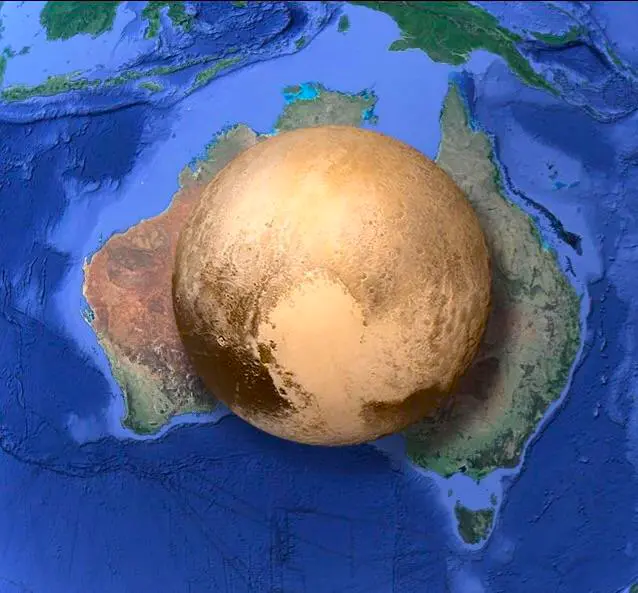51
52
53
54
55
56
57
28
On the Formation of Trapped Electron Radiation Belts at Ganymede
(agupubs.onlinelibrary.wiley.com)
58
59
60
61
62
63
64
65
66
67
68
69
35
Another intermediate-mass black hole discovered at the centre of our galaxy
(portal.uni-koeln.de)
70
71
72
73
74
75
